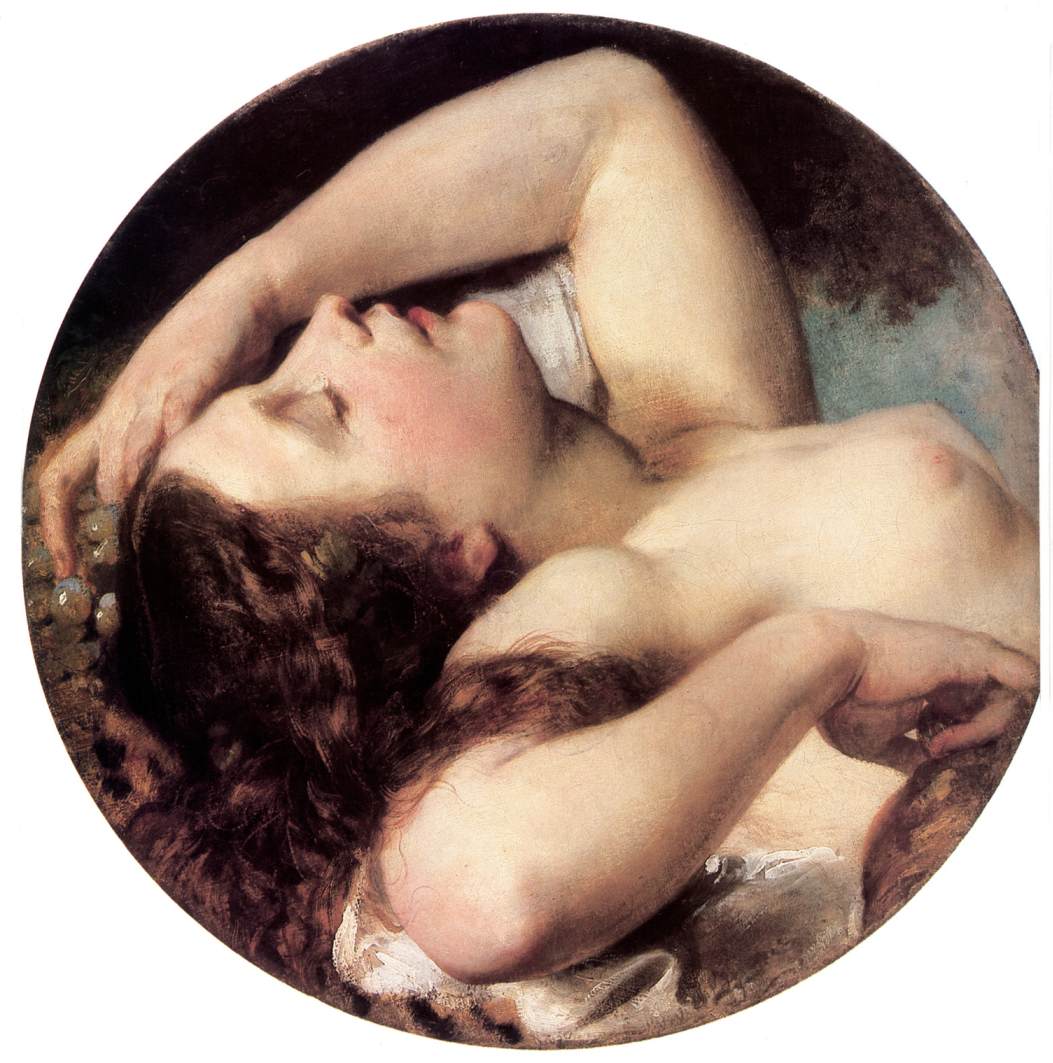Description
The painting Sleeping Bacchante by the Hungarian artist Károly Brocky is a work of art that stands out for its neoclassical artistic style and its symmetrical and balanced composition. The work, with an original size of 46 x 46 cm, represents a young bacchante asleep, with a serene and relaxed expression on her face.
The coloring of the painting is sober and elegant, with a palette of warm and soft tones that contribute to creating an atmosphere of tranquility and serenity. The contrast between the white skin and the red tunic of the bacchante brings a touch of drama and dynamism to the composition.
The history of the painting is interesting, as it was created in the 19th century, at a time when neoclassicism was in full swing. The work represents the figure of Bacchante, a follower of the god of wine and parties, and shows a scene of tranquility and peace, which contrasts with the image usually associated with the figure of Bacchus.
In addition, there are lesser-known aspects of the work that make it even more interesting. For example, it is known that the model who posed for the painting was Brocky's own wife, which adds a touch of intimacy and closeness to the work. There has also been speculation about the possible influence of the painting on the work of other later artists, such as Gustav Klimt.
In short, Károly Brocky's Sleeping Bacchante is a work of art that stands out for its neoclassical style, its symmetrical and balanced composition, its sober and elegant colouring, and its interesting and little-known history. A work that invites contemplation and reflection, and that continues to be a source of inspiration for artists and art lovers today.

